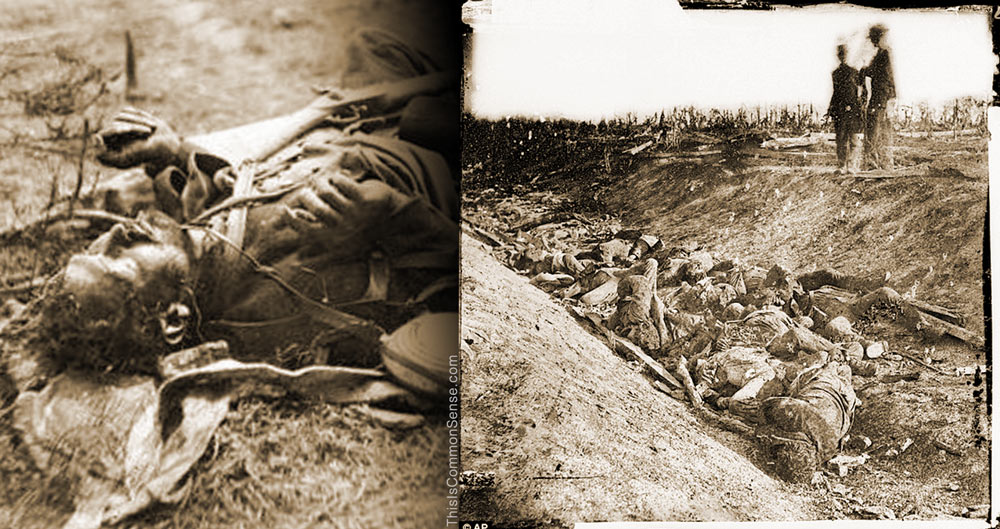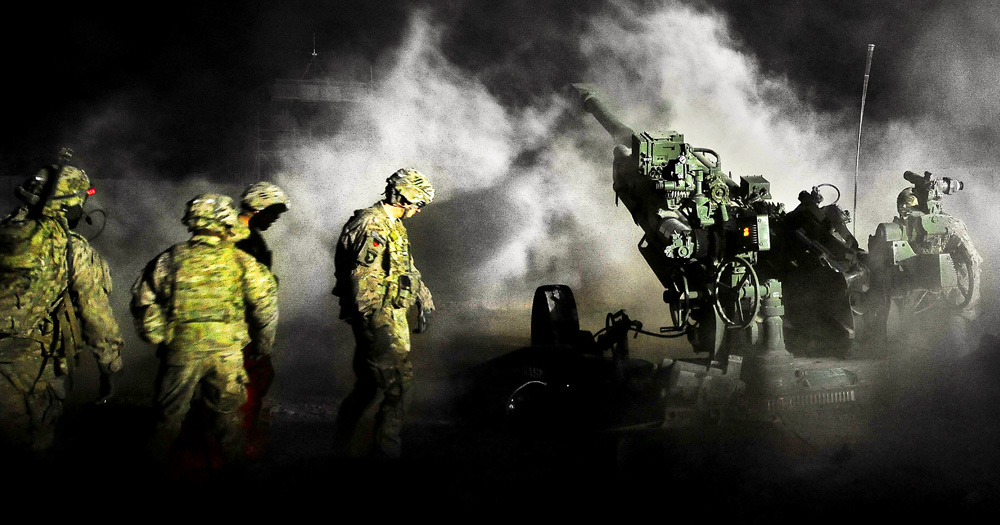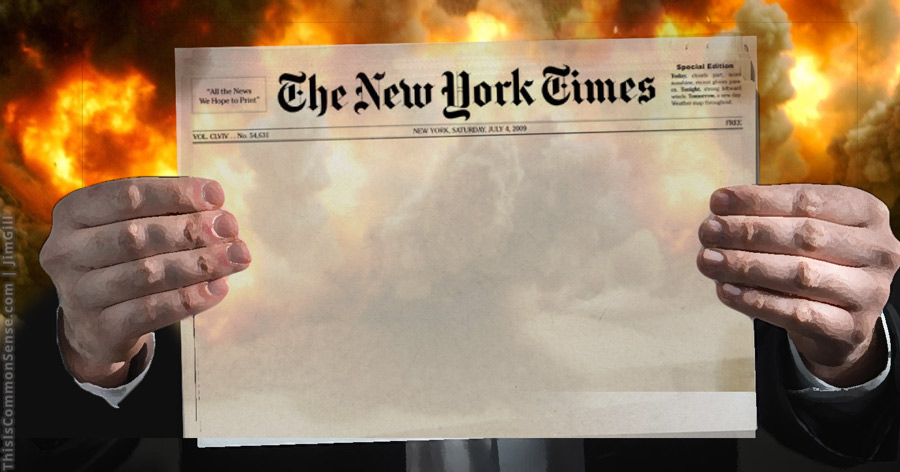Back in the Eocene — I mean the 1990s — Senator Chuck Schumer and President Bill Clinton and most other Democrats insisted that “healthcare” benefits not be distributed to “those who’ve entered the country illegally.” Now, the party is united behind the opposite notion, in which benefits — paid for by resident taxpayers — must be delivered generously to all comers.
This was most clearly demonstrated in 2019, during one of those huge panels of presidential hopefuls on the Democratic side, all raising their hands on whether they supported giving tax-funded medical assistance to illegal aliens.
Yesterday I quoted Rep. Maxine Waters (D‑Calif.) on how Democrats want to “save people.”
What I didn’t quote was the question she was asked — “Do Democrats want to prioritize the healthcare for illegal aliens over a government shutdown?” — or how she initially responded: “Excuse me; stop it right there. We’re not prioritizing; what we’re doing is saying, simply, we wanna keep the government open and we wanna work with the Republicans and have a bipartisan agreement to keep this government open and healthcare is at the top of our agenda.”
Whew. While denying she’s prioritizing what’s at “the top” of her “agenda” — what prioritization means — her desire for a “bipartisan agreement” is just as fake, for what she and her fellow Democrats demand is that the Republicans completely agree with their most extreme agendum: subsidized medical assistance for all comers.
That’s not “bipartisan.” There’s no compromise. It’s a tactic of intransigence.
Nassim Nicholas Taleb wrote about this in terms of an “intransigent minority rule,” positing that in complex systems — such as societies, markets, or Congress — a small, highly committed minority (as little as 3 – 4 percent) can impose its preferences on a flexible majority due to an asymmetry of choice.
Meaning that the opponents of “limitless” subsidies (socialism) must become intransigent themselves to win.
This is Common Sense. I’m Paul Jacob.
Illustration created with Krea and Firefly
See all recent commentary
(simplified and organized)
See recent popular posts












